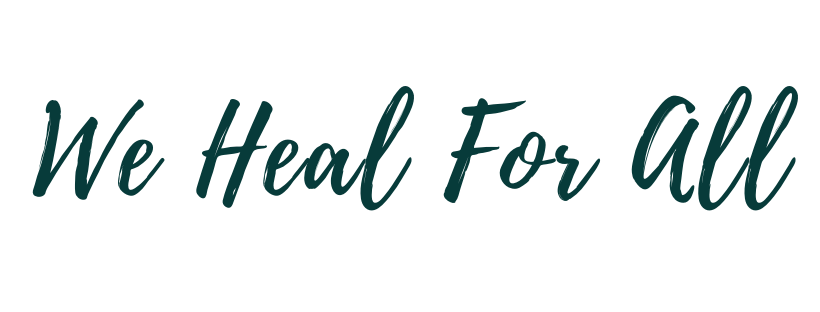Climate Change: Our Collective Moral Injury
Moral injury is a first-cousin to trauma. It’s something that lives in us and warps our sense of self and our relationship with life. We become morally injured when our narrative or belief system doesn’t match the reality of our actions and environment. We go to war to fight for freedom but find that we actually just fought for oil. We value the sanctity of life but accidentally kill someone in a car accident. “Our core moral foundations are unable to justify, process or integrate the trauma (Brock, 2019),” therefore these injuries haunt us and lead us to question ourselves, our worlds and God.
As a socially conscious human in the 21st century, I’m fully aware of how the system (economic, sociopolitical, cultural) I live in affects people and planet. I know how our global production and consumption practices deplete the earth of her resources. I know that a world driven by the bottom line leads to cutting corners. I know that our recycling system is insufficient. I know that much of my clothes and electronics were made on the backs of sweat labor.
You can’t not know, honestly. As an American I live on blood-soaked land stolen from native people. As a white person I embody certain privileges of safety and opportunity that are egregiously afforded to me. As a consumer living in a city I take from the Earth and rarely, truly give back.
This knowing permeates my reality, leaving me immobile like a deer in head lights, not wanting to breath out of fear of the potential butterfly effect. How do I legitimize this reality? How do I excuse my impact? It in no way, shape or form is in alignment with my values.
These are questions of a moral injury. A moral injury, that I believe, will continue to grow for us as a people as the degenerative nature of our system takes effect.
Our actions are killing the planet, which is in turn killing ourselves. Scientists and citizens have been crying out about this for decades, falling on the deaf ears of capitalists who aren’t willing to part with their beloved economic growth. We’ve internalized this fetish for growth - wanting more things, more goods, more comfort and luxury. Our status tied to our output. Our sense of self tied to our production. It keeps us entrapped in our busy-ness so that there’s no time to tune in and do differently.
As the effects of climate change become more and more evident; as more of us learn about the macro-level forces driving the disruption; and as we face the whole system crisis that is at our doorstep, we will be grappling with a moral injury the size of which we’ve never seen before. For it’ll encompass the millions of people without water, the thousands of species that are extinct, and the unrelenting chaos of forced migration and conflict.
We love our world and are proud of our accomplishments as a civilization, but the destruction we’re causing our biosphere, and therefore the planet and humankind, is in direct conflict with our core cultural beliefs. Our emotional and psychospiritual resistance to seeing climate change for what it is is a symptom of moral injury. To truly be aware of our impact flies in the face of our moral universe.
Therefore it’s time to construct a new moral reality. One that acknowledges and accepts the damage that we’ve done and vows to use it as a lesson-learned to do better. This requires community, for none of us became a moral being alone so we can’t reconstruct it alone either.
Climate change may not be our fault as individuals, but it is our responsibility as a collective. And as a member of the collective I’m called to look within myself and become aware of the ways that this injury is keeping me at a distance from what’s taking place.
Let’s gather in community. Let’s support each other in this reconstruction process. For we can’t keep turning a blind eye, not to ourselves nor our planet.
.
.
.
Dr. Rita Nakashima Brock, Senior Vice President and Director of the Shay Moral Injury Center. Moral Injury and Soul Repair course. Union Theological Seminary. January 2019
Hi, I’m Liz Moyer Benferhat. Writer, facilitator, coach, and development practitioner dedicated to the subtle interplay between how inner transformation feeds the outer transformation we need in the world. Welcome 🌿

